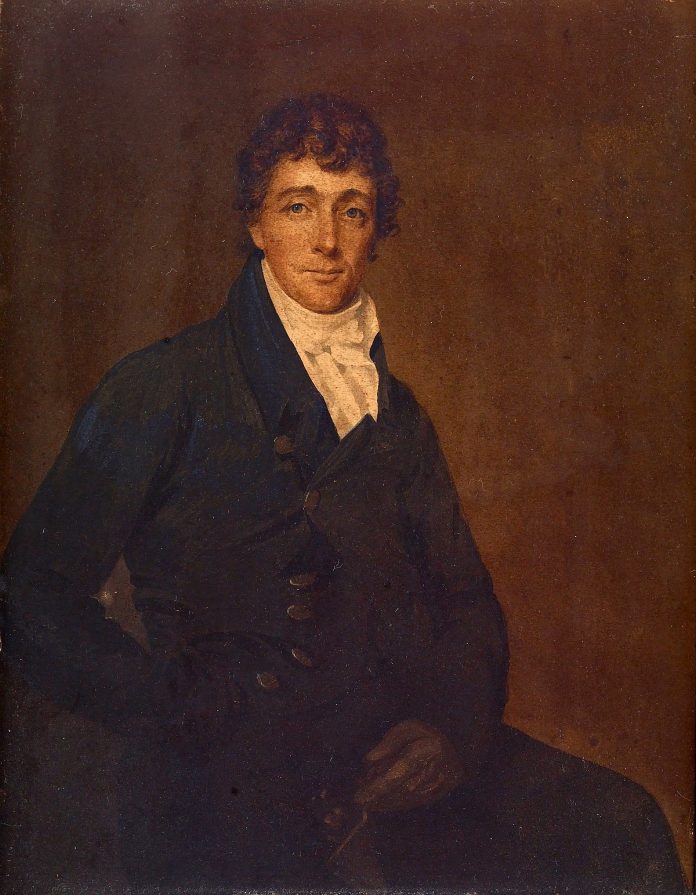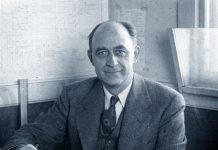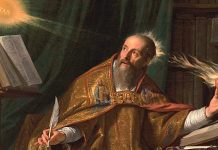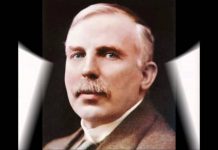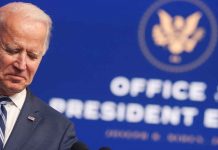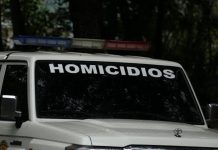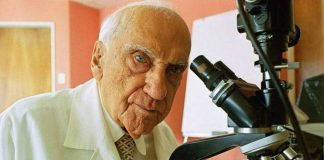Nació el 1 de agosto de 1779 en Maryland. Cuando cuenta diez años, sus padres lo enviaron a la escuela de la gramática en Annapolis.
Cursó estudios de leyes mientras trabajaba en la consejería jurídica de su tío. En 1805 se establece en Georgetown, un suburbio de Washington.
Sirvió por un breve tiempo en la artillería de campo de Georgetown en 1813. En 1814, fue designado abogado del distrito de Estados Unidos.
El 14 de septiembre de 1814 escribió durante el bombardeo de Fort McHenry, fortaleza situada cerca de la ciudad de, Baltimore, Maryland, el himno de los Estados Unidos, conocido como ‘»The Star-Spangled Banner» (La Bandera Sembrada de Estrellas).
En esa época los Estados Unidos libraban la Guerra de 1812 contra la Gran Bretaña. Cuando la flota inglesa sometió a Fort McHenry a un intenso bombardeo nocturno, el joven Francis Scott Key, que había sido comisionado por su gobierno para subir a bordo de un barco de guerra ingles con el objeto de concertar un canje de prisioneros, se sintió inspirado cuando vio, al amanecer, la bandera de su nación ondear todavía en lo alto del fuerte, y escribió «The Star-Spangled Banner».
En 1916 el presidente Woodrow Wilson dispuso que tocaran este himno las bandas militares y navales de los Estados Unidos, y el 3 de marzo del mismo año el Congreso de la Unión designó «The Star-Spangled Banner» como Himno Nacional.
Casado con Maria Tayloe Lloyd en 1802, fue padre de 11 hijos.
Francis Scott Key falleció el 11 de enero de 1843 en Baltimore, Maryland, y fue enterrado en cementerio del Mt. Olivet en Frederick.
The Star Spangled Banner por Francis Scott Key
Oh, say can you see by the dawn’s early light What so proudly we hailed at the twilight’s last gleaming? Whose broad stripes and bright stars thru the perilous fight, O’er the ramparts we watched were so gallantly streaming? And the rocket’s red glare, the bombs bursting in air, Gave proof through the night that our flag was still there. Oh, say does that star-spangled banner yet wave O’er the land of the free and the home of the brave?
On the shore, dimly seen through the mists of the deep, Where the foe’s haughty host in dread silence reposes, What is that which the breeze, o’er the towering steep, As it fitfully blows, half conceals, half discloses? Now it catches the gleam of the morning’s first beam, In full glory reflected now shines in the stream: ‘Tis the star-spangled banner! Oh long may it wave O’er the land of the free and the home of the brave!
And where is that band who so vauntingly swore That the havoc of war and the battle’s confusion, A home and a country should leave us no more! Their blood has washed out their foul footsteps’ pollution. No refuge could save the hireling and slave From the terror of flight, or the gloom of the grave: And the star-spangled banner in triumph doth wave O’er the land of the free and the home of the brave!
Oh! thus be it ever, when freemen shall stand Between their loved home and the war’s desolation! Blest with victory and peace, may the heav’n rescued land Praise the Power that hath made and preserved us a nation. Then conquer we must, when our cause it is just, And this be our motto: «In God is our trust.» And the star-spangled banner in triumph shall wave O’er the land of the free and the home of the brave

